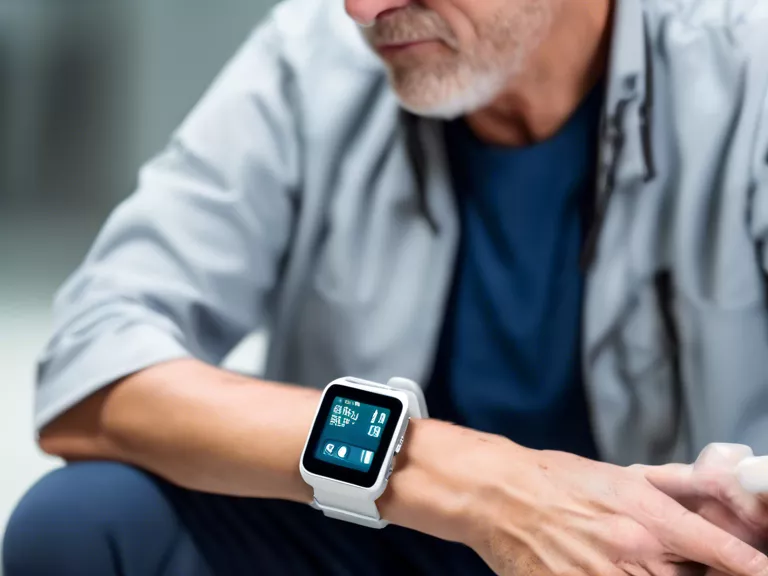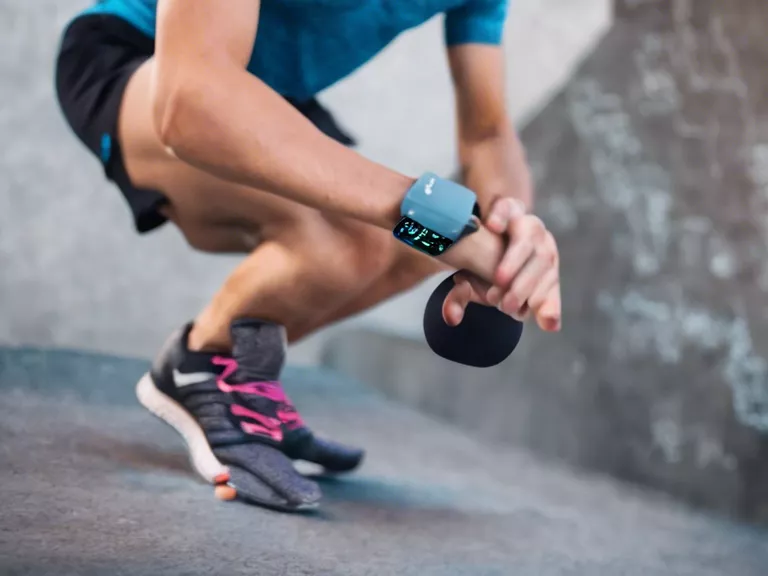
Wearable technology has significantly changed the landscape of healthcare by offering innovative solutions for monitoring and managing chronic health conditions. From smartwatches to fitness trackers, these devices have the potential to provide valuable insights into a patient's health status in real-time. This article explores the role of wearable tech in improving the management of chronic health conditions and how it can empower individuals to take control of their health.
One of the key benefits of wearable tech in monitoring chronic health conditions is its ability to track vital signs and other health metrics continuously. For individuals with conditions such as diabetes, heart disease, or hypertension, having access to real-time data can help them make informed decisions about their health and well-being. Wearable devices can monitor heart rate, blood pressure, blood sugar levels, sleep patterns, and even physical activity, providing a comprehensive view of a patient's overall health.
In addition to monitoring vital signs, wearable tech can also remind patients to take their medications or attend doctor's appointments. This can be particularly helpful for individuals with chronic conditions who may have complex medication regimens or frequent medical appointments. By sending timely reminders and alerts, wearable devices can improve medication adherence and help patients stay on track with their treatment plan.
Furthermore, wearable tech can facilitate communication between patients and healthcare providers. Many devices allow for the seamless transfer of data from the wearable to a patient's electronic health record, enabling healthcare providers to track progress, make treatment adjustments, and provide personalized recommendations. This real-time data sharing can enhance the quality of care and promote better health outcomes for individuals with chronic conditions.
Overall, the role of wearable tech in monitoring and managing chronic health conditions is rapidly evolving. These devices have the potential to empower individuals to take a proactive approach to their health by providing access to real-time data, reminders, and communication tools. As technology continues to advance, wearable devices will play an increasingly important role in improving the management of chronic conditions and promoting overall well-being.



